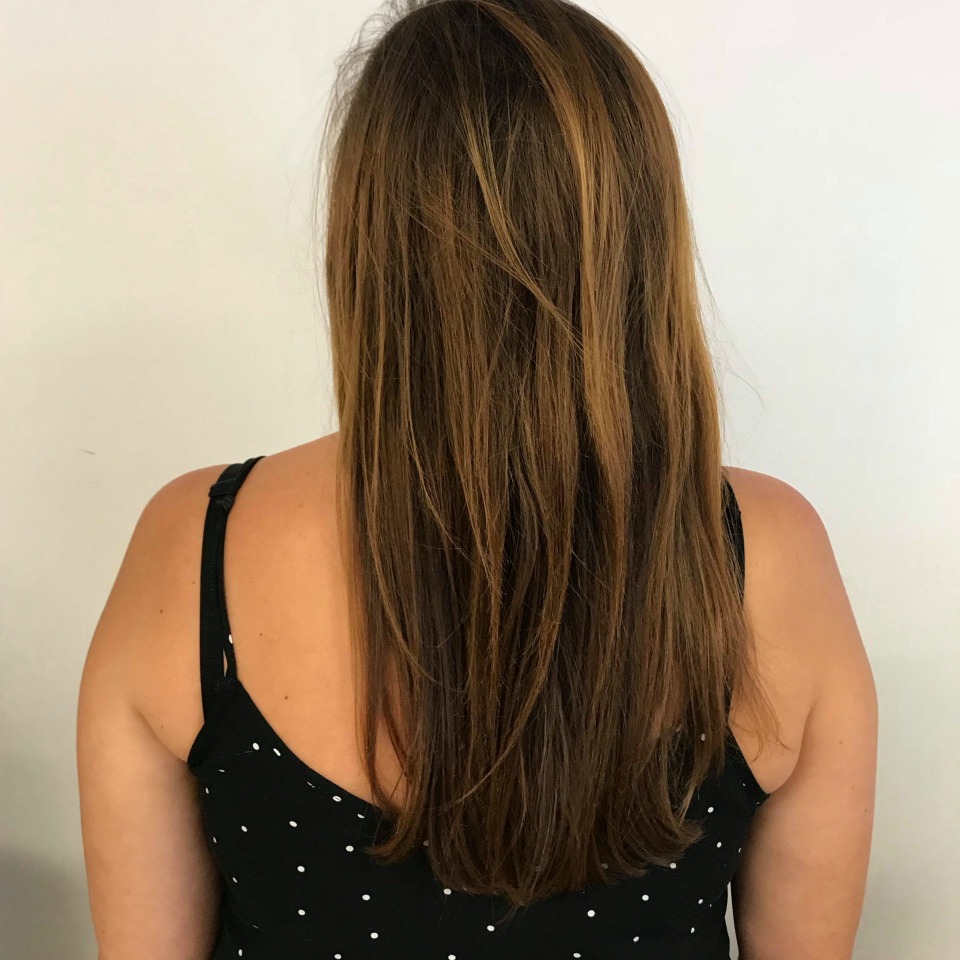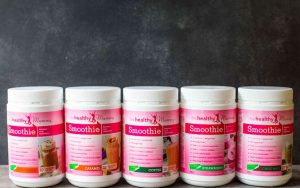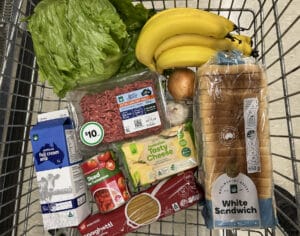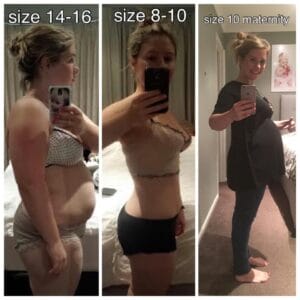Help, my hair’s falling out! Everything you need to know about postpartum HAIR LOSS
While it’s normal to be alarmed by hair loss, there’s nothing unusual about noticing your locks dropping out after giving birth.
Unfortunately, this is just par for the course after being pregnant. Hair expert Jane Davies explains to The Healthy Mummy why hair loss occurs and how to deal with it.
Check out her awesome advice below….
Everything you need to know about postpartum HAIR LOSS
For many women during pregnancy the hair that would normally be shed as part of the hair growth cycle is actually maintained within the follicle until after the birth of the baby.
The stages of hair growth and loss
Hair on the head is in one of three stages: anagen or growing, catagen or transition, and telogen or resting.
“The main reason is hormonal. Women produce much more oestrogen and progesterone during pregnancy,” says Jane, who is a Consult Trichologist – a specialist who helps those with problems with their hair or scalp.
“Oestrogen reduces the rate of hair growth, and prolongs the duration of the anagen hair growth cycle. So hair shedding doesn’t happen.
“When oestrogen levels return to normal, around three months after childbirth, the hair returns to it’s normal cycles, goes into the telogen phase and then sheds.”
Why pregnant women retain their hair
Hair growth can also be affected during pregnancy because the body is prioritising the use of nutrients in the body to feed the baby rather than feed hair growth.
“We lose around 1 – 2% of hairs during ‘normal’ shedding, but because of the length of the pregnancy these hairs in the longer anagen phase are stored up and appear to shed simultaneously, because of all the new growth aka ‘postpartum bad hair days’,” explains Jane.
Should hair be falling out in clumps?
Jane says new mums may notice hair loss, but if a lot of hair falls out in one go then it may be part of a bigger issue.
“Hair doesn’t normally fall out in clumps, it is generally evenly distributed across the scalp,” she says.
“If it is falling out in clumps this probably indicates a different issue. Other issues postpartum that can affect a return to normal hair growth can include iron deficiency and thyroid issues.”

How can new mums deal with this hair loss?
The best way to deal with postpartum hair loss is to sleep as much as possible, reduce stress and eat a diet rich in the macro and micro nutrients associated with healthy hair growth, says Jane.
“The first two of those are a challenge but it might be worth looking to improve diet,” she adds.
“For good hair growth, we recommend protein from animals, omega rich saturated fats, calcium and sulphur rich vegetables and iron, copper and zinc amongst other things.
“Our final tip would be regular shampooing with a good quality shampoo. A clean scalp leads to a healthier environment for hair to grow in.”
Very informative information, thanks Jane. Also, thank you for giving us permission to use your video Christina Kreitel.
For a good source of vitamins and minerals, such as vitamin B1, B5, B6, B12 as well as iron, magnesium, vitamin A, C, D, folate and zinc, then check out our Healthy Mummy Smoothies.

Our Smoothies are 96% sugar free, 100% fructose free and 100% artificial sweetener free. They’re also safe for breastfeeding.




